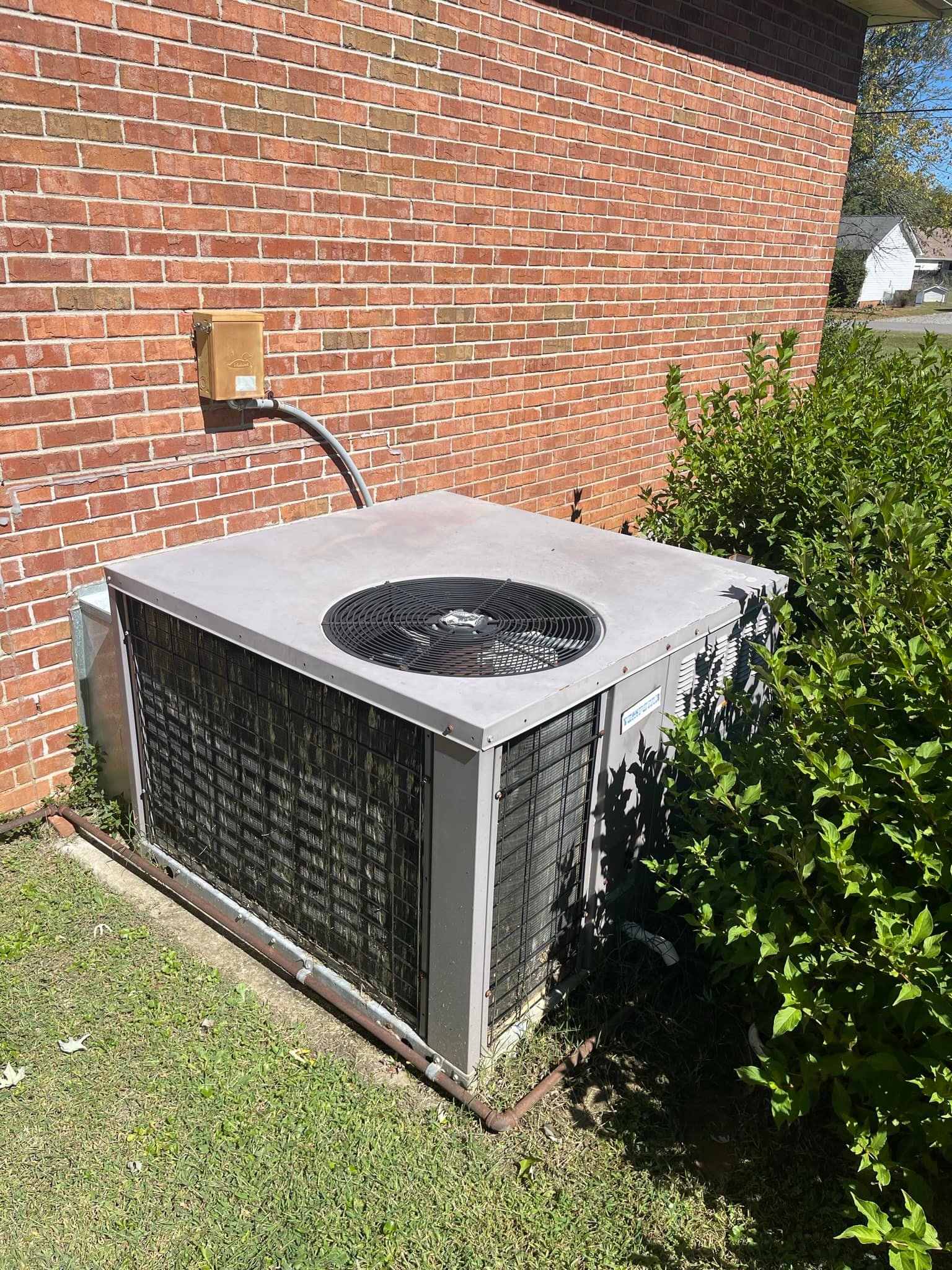
Preparing Your HVAC System for Extreme Weather Conditions Sep 10, 2025
First and foremost, regular maintenance is key. Scheduling a comprehensive HVAC inspection with a professional technician can prevent most issues caused by extreme weather. Our team at Jarrell’s Quality Heat and Air recommends a bi-annual check-up to ensure your system is in peak condition. These inspections typically involve checking the functionality of both the heating and cooling components, ensuring there are no leaks in the ductwork, and verifying that the thermostat is working correctly. Regular maintenance can not only improve efficiency but also extend the lifespan of your system.
During extreme hot or cold spells, your HVAC system works overtime to maintain a comfortable temperature. One simple yet effective way to support your system is by keeping the filters clean. Replace or clean the filters every three months, or sooner if you notice a decrease in airflow. Clean filters not only improve air quality but also reduce stress on your HVAC system by allowing it to operate more efficiently. This small measure can make a significant difference during extreme weather conditions.
Proper insulation acts as an additional defense against extreme weather. Insulation helps maintain the desired indoor temperature, reducing the burden on your HVAC system. Check your home for any areas where insulation may be lacking, such as attics, basements, and around doors and windows. Sealing any drafts can prevent the loss of heated or cooled air, enhancing the efficiency of your HVAC system.
If your home is equipped with a programmable thermostat, you can optimize your HVAC system's performance during extreme weather. Program your thermostat to adjust the temperature when you're not at home or during nighttime, which can significantly lower energy consumption without sacrificing comfort. Smart thermostats offer even more advanced features, learning your schedule and preferences to automatically optimize your home's temperature settings.
Weatherproofing your HVAC unit is another effective strategy. For external units, ensure they are securely anchored to withstand strong winds and covered to protect from ice or snow buildup. It is also essential to clear any debris from around outdoor units throughout the year. Fallen leaves, snow, or ice can obstruct airflow and decrease efficiency.
Lastly, consider an upgrade if your existing HVAC system is aging or frequently requires repairs. Modern HVAC systems are significantly more energy-efficient and come with features designed to handle extreme weather better than older models. Investing in a newer system now can save you from the inconvenience and cost of emergency repairs during an extreme weather event.
Preparing your HVAC system for extreme weather is an investment in comfort and peace of mind. By following the steps outlined above, you can ensure your system is ready to handle whatever Mother Nature throws your way. For more personalized advice or to schedule a maintenance appointment, reach out to Jarrell’s Quality Heat and Air. We are committed to providing high-quality HVAC services to keep you comfortable all year round.
/filters:no_upscale()/media/1c9f714a-9c2d-4dc6-b2fa-55db3f2eb60d.jpeg)
/filters:no_upscale()/filters:format(webp)/media/9b33b1de-d429-4d9b-bfb6-3877d79db880.jpeg)